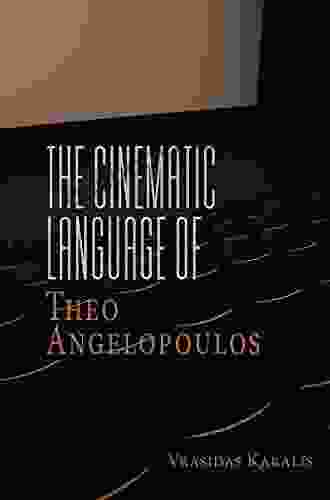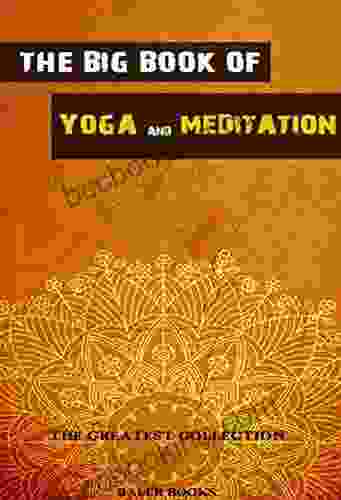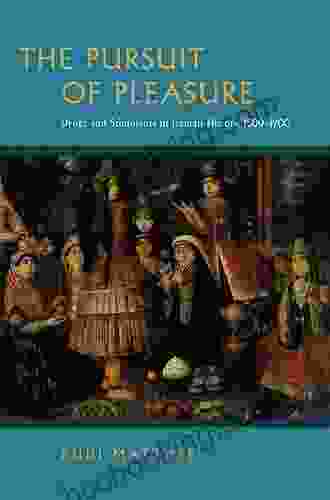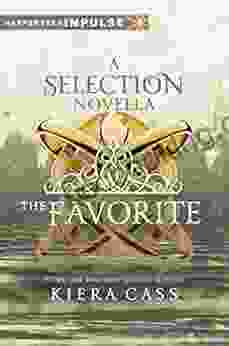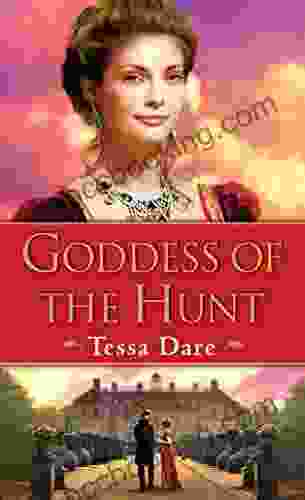The Cinematic Language of Theo Angelopoulos: A Journey Through Time, Memory, and Identity

Theo Angelopoulos, a cinematic visionary from Greece, crafted extraordinary cinematic experiences that transcended mere entertainment. His films, characterized by their epic scope, evocative visuals, and profound exploration of time, memory, and Greek identity, have left an indelible mark on the landscape of world cinema. This article embarks on an in-depth exploration of Angelopoulos's unique cinematic language, unraveling the techniques, aesthetics, and thematic preoccupations that define his cinematic masterpieces.
Time as a Fluid, Non-Linear Construct
Time, in Angelopoulos's films, is not a linear progression but a fluid, malleable entity. He masterfully weaves past, present, and future into a cohesive narrative tapestry, often through flashbacks, flashforwards, and dream sequences. In Landscape in the Mist (1988),the protagonist's childhood memories intertwine with the present, shaping his understanding of identity and the tumultuous history of Greece. This non-linear approach challenges conventional storytelling, forcing viewers to engage with time as a subjective, fragmented experience.
4.8 out of 5
| Language | : | English |
| File size | : | 10703 KB |
| Text-to-Speech | : | Enabled |
| Screen Reader | : | Supported |
| Enhanced typesetting | : | Enabled |
| Word Wise | : | Enabled |
| Print length | : | 328 pages |
Memory: A Fragmented and Elusive Tapestry
Memory plays a pivotal role in Angelopoulos's cinema. His characters are haunted by the past, their lives shaped by memories both cherished and painful. These memories are often fragmented, distorted, and unreliable, reflecting the fallibility of human recollection. In The Travelling Players (1975),a group of itinerant actors perform plays that evoke memories of the Greek Civil War, blurring the lines between history, fiction, and personal experience. Angelopoulos's films explore the power of memory to shape identity, both on an individual and collective level, while also acknowledging its fragility and subjectivity.
Landscape: A Mirror Reflecting Identity
The Greek landscape serves as a central character in Angelopoulos's films, reflecting the cultural, historical, and emotional experiences of his characters. His long, panoramic shots capture the vastness and beauty of the land, often juxtaposed with the intimate stories unfolding within it. In Ulysses' Gaze (1995),the protagonist's journey through the Balkans mirrors his own search for identity and connection to his ancestral homeland. Angelopoulos uses landscape not merely as a backdrop but as an integral part of his storytelling, imbuing it with symbolic and emotional significance.
Symbolism: Weaving Layers of Meaning
Symbolism is a defining characteristic of Angelopoulos's cinematic language. He employs objects, colors, and motifs to create layers of meaning and evoke profound emotions. In Eternity and a Day (1998),the recurring image of a young boy holding a mirror symbolizes the fragility and brevity of life. Angelopoulos's use of symbolism transcends literal interpretation, inviting viewers to engage in a deeper contemplation of the human condition, the passage of time, and the complexities of Greek history.
Long Takes: Capturing the Unfolding of Time
Angelopoulos's films are renowned for their extended, unbroken takes, some lasting several minutes. These long takes allow viewers to immerse themselves in the unfolding of time, witnessing the subtle nuances of characters' emotions and interactions. In The Beekeeper (1986),a single take captures a poignant conversation between a father and son, their unspoken words and shared history conveyed through their gestures and expressions. Angelopoulos's long takes create a contemplative rhythm, inviting viewers to slow down and engage with the characters on a deeper level.
Epic Scope: Exploring Grand Themes
Angelopoulos's films often take on an epic scope, spanning vast stretches of time and geography. His stories intertwine the personal and the political, exploring grand themes of history, identity, and the human condition. In The Dust of Time (2008),he traces the displacement and suffering of Greeks throughout the 20th century, creating a poignant and sweeping historical narrative. Angelopoulos's epic scope allows him to examine the larger forces that shape individual lives, while also highlighting the resilience and spirit of the human soul.
: A Cinematic Legacy that Transcends Time
Theo Angelopoulos's cinematic language is a unique and masterful blend of storytelling techniques, visual aesthetics, and thematic preoccupations. Through his exploration of time, memory, identity, and the Greek landscape, he has crafted cinematic experiences that resonate deeply with audiences worldwide. His films challenge conventional storytelling, embrace the fluidity of time, and invite viewers to contemplate the complexities of the human condition. As a visionary filmmaker, Theo Angelopoulos has left an enduring legacy on the world of cinema, inspiring generations of filmmakers and audiences alike.
4.8 out of 5
| Language | : | English |
| File size | : | 10703 KB |
| Text-to-Speech | : | Enabled |
| Screen Reader | : | Supported |
| Enhanced typesetting | : | Enabled |
| Word Wise | : | Enabled |
| Print length | : | 328 pages |
Do you want to contribute by writing guest posts on this blog?
Please contact us and send us a resume of previous articles that you have written.
 Book
Book Novel
Novel Page
Page Chapter
Chapter Text
Text Story
Story Genre
Genre Reader
Reader Library
Library Paperback
Paperback E-book
E-book Magazine
Magazine Newspaper
Newspaper Paragraph
Paragraph Sentence
Sentence Bookmark
Bookmark Shelf
Shelf Glossary
Glossary Bibliography
Bibliography Foreword
Foreword Preface
Preface Synopsis
Synopsis Annotation
Annotation Footnote
Footnote Manuscript
Manuscript Scroll
Scroll Codex
Codex Tome
Tome Bestseller
Bestseller Classics
Classics Library card
Library card Narrative
Narrative Biography
Biography Autobiography
Autobiography Memoir
Memoir Reference
Reference Encyclopedia
Encyclopedia Julia Quinn
Julia Quinn Sophia Al Maria
Sophia Al Maria Steven Pinker
Steven Pinker Tedd Arnold
Tedd Arnold Sheila L Skemp
Sheila L Skemp Tristan Boutros
Tristan Boutros Jody Hedlund
Jody Hedlund Yoshito Kuromiya
Yoshito Kuromiya Theo Farrington
Theo Farrington Suzanne Slade
Suzanne Slade Renee Rose
Renee Rose Strawberry Pencil Magic
Strawberry Pencil Magic Timothy Christian
Timothy Christian Zan
Zan Weston Wright
Weston Wright Sherine Hamdy
Sherine Hamdy Sondra Horton Fraleigh
Sondra Horton Fraleigh Thibault Ehrengardt
Thibault Ehrengardt Nancy Friday
Nancy Friday William Bryant Logan
William Bryant Logan
Light bulbAdvertise smarter! Our strategic ad space ensures maximum exposure. Reserve your spot today!

 E.M. ForsterSurviving Sexploitation: A Powerful Memoir That Exposes the Dark Underbelly...
E.M. ForsterSurviving Sexploitation: A Powerful Memoir That Exposes the Dark Underbelly...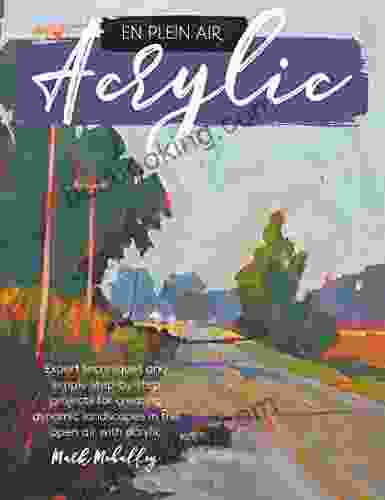
 Dominic SimmonsUnlock Your Woodworking Potential: Expert Techniques and Simple Projects for...
Dominic SimmonsUnlock Your Woodworking Potential: Expert Techniques and Simple Projects for... James JoyceFollow ·15.2k
James JoyceFollow ·15.2k Neil ParkerFollow ·5.2k
Neil ParkerFollow ·5.2k Jerry HayesFollow ·10.3k
Jerry HayesFollow ·10.3k Shaun NelsonFollow ·3.2k
Shaun NelsonFollow ·3.2k Jackson HayesFollow ·19k
Jackson HayesFollow ·19k Graham BlairFollow ·7.1k
Graham BlairFollow ·7.1k Jessie CoxFollow ·18.2k
Jessie CoxFollow ·18.2k Jerome PowellFollow ·16.4k
Jerome PowellFollow ·16.4k

 Amir Simmons
Amir SimmonsImmerse Yourself in the Enchanting Realm of Nora Roberts'...
Prepare to be captivated by...
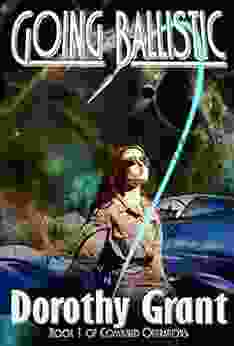
 Dan Henderson
Dan HendersonUnleash the Explosive Action of Going Ballistic Combined...
Prepare for an...

 Jeffery Bell
Jeffery BellDiscover the Controversial and Captivating "The Anarchist...
In the realm of literature, there are...
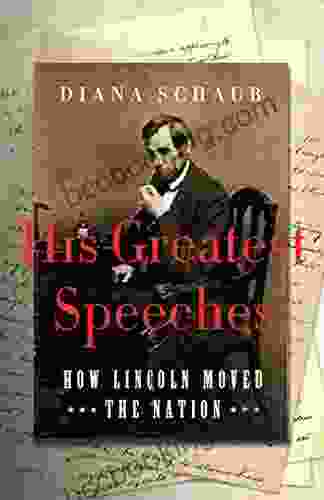
 Ryan Foster
Ryan FosterUnveiling Lincoln's Eloquence: How His Greatest Speeches...
In the annals of American...
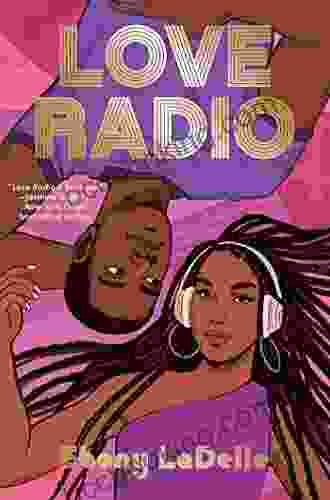
 Jaime Mitchell
Jaime MitchellLove Radio Vinny Berry: A Journey of Heartbreak, Healing,...
Vinny Berry's...
4.8 out of 5
| Language | : | English |
| File size | : | 10703 KB |
| Text-to-Speech | : | Enabled |
| Screen Reader | : | Supported |
| Enhanced typesetting | : | Enabled |
| Word Wise | : | Enabled |
| Print length | : | 328 pages |


